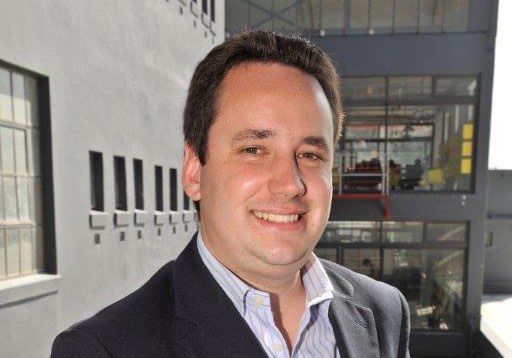Entrepreneurship in the Western Cape - The DA’s Manifesto

Entrepreneurship, we have been told, forms an integral part of our economy. So I asked myself, what do we have in place to assist entrepreneurs in the Western Cape?
Since our province is governed by the Democratic Alliance (DA), I sat down with Councillor Garreth Bloor, Mayoral Committee Member for Tourism, Events and Economic Development, to answer this question and discuss the DA’s commitments stated in their manifesto for the upcoming elections.
What does the DA currently have in place to assist and promote entrepreneurship in the Western Cape?
At present we have the City Small Business Services Support in place. The idea behind that is if you look at legislation, you have to ask the following questions:
-
Is it rule/law at local government level? If it is, do you have a mandate?
-
If not, does it reside with the provincial or with the national government?
We take 2 approaches:
-
If there is a competency or function which is local and that rule or law is a problem, we look at changing / amending the law. To date, we have changed over 300 pieces of legislation around city planning and approvals which makes the process easier when doing business whilst complying with city laws and processes.
-
Where laws are set at a national level, we cannot change them as a local government but you can engage the national government through different forums, get entrepreneurs to mobilise behind that and set up a very practical, direct one stop shop service, the City Small Business Services Support, to assist people in Cape Town. The City Small Business Services Support has a dedicated line and team to assist businesses in making a direct connection with the right organisation or person, depending on their needs.
The Democratic Alliance’s manifesto mentions the one stop shops, which plays a vital role in assisting entrepreneurs.
In addition to this, the manifesto states that municipal data will be made available via an “open data policy”.
Is this in the process of being developed?
This has already been developed and is available at the OpenDataPortal.
The open data is all of the city’s data uploaded onto the internet. It includes information on a wide range of subjects, including city budget, open tenders and dam levels. Furthermore, you can request data sets not already on the system, for example, foot traffic on a certain street in one area vs foot traffic in another and the information will be compiled and sent to you.
There is also, at present, an open data committee to ensure that the information does not comprise anyone’s rights. We are one of the few open data cities and the first on our continent.
There is also mention of providing incentives, such as rate rebates preferential tariff structures and coordinated service delivery as a means to assist business growth and job creation, is this specifically for owner-managed businesses or are you targeting a specific market?
This is for everybody but some of those are directed to owner-managed businesses such as rate rebates for the property he/she owns.
Can you claim for rebates already?
Yes. Altantis is the first test hub. There we have special ear-markings for green energy. One of the incentives there, is that for every R1 million in development you invest, you will get back R1 million for every 50 jobs you create. The other incentive for Green Energy businesses (businesses committed to the green economy) is that the full council has taken the decision to release land in Atlantis for a lower than market value rate which means you can get really well-priced land if you have a commitment to the green economy.
Per the manifesto, underutilised public buildings and facilities will be made available for social and economic development, eg. Providing underutilised buildings to promising, job-creating businesses at lower than market rate rental. Are you creating designated business areas?
Yes. We use old community centres or buildings which are no longer needed by the community to create business hubs. By identifying underutilised buildings and obtaining funding from private sources, we are able to offer cost-effective commercial space and services, eg. high-speed internet, which completely lowers the overhead cost of starting a business. An example of this is the Phillipi hub, where an old cement factory was converted into business space with a high-speed internet connection.
Based on my experience there is a lack of financial education amongst many entrepreneurs. This is a hidden weakness in one’s business and might only be identified when it is too late. What is being done to improve financial education and training around entrepreneurship?
There is currently no mandate to spend money on education - that is purely on a national and provincial level, but there are basic courses that one might be able to do.
Conclusion
I walked away from the interview, very impressed by the DA’s commitment to and interest shown in our entrepreneurs. I am however concerned for those entrepreneurs who are not aware of the financial and legal requirements of running a business. I would therefore recommend that when starting a business the owner gain some basic financial knowledge to assist in building a strong foundation for his or her business.
At BTS Accounting and Consulting Services, we offer workshops for start-ups and entrepreneurs who wish to broaden their financial knowledge. View our full range of services.